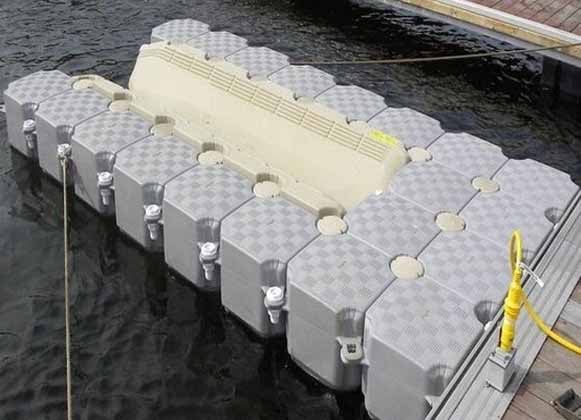Immerse yourself in the exciting world of karaoke, where entertainment, fun, and unforgettable memories await you. The energetic atmosphere of a top-notch karaoke venue in a bustling city like Gangnam provides the perfect backdrop for an unforgettable night out. Whether you are out with friends, celebrating a special occasion, or simply looking to unwind, the right karaoke venue can offer you everything you need to create a memorable experience. With its state-of-the-art sound systems, a vast selection of songs, and a lively ambiance, it is no wonder why karaoke is a favorite pastime for people of all ages. The modern decor, combined with carefully designed lighting, sets the tone for a night of relaxation and excitement. The rooms are designed for comfort, with plush seating, high-tech equipment, and a wide variety of song options from different genres and languages. Whether you are a seasoned singer or someone who just enjoys the music, there is something for everyone, ensuring a fun-filled night for all participants.

Karaoke is not just about singing it is about creating shared experiences with those around you. Imagine belting out your favorite hits with your friends by your side, each person taking turns, laughing, and cheering each other on. The beauty of karaoke lies in its ability to unite people through music, bringing together different personalities and talents to create a collective moment of joy. You can sing as a group, challenge your friends to vocal battles, or even enjoy solo performances that show off your vocal prowess. For those who prefer privacy, many karaoke venues offer private rooms for you and your party. These rooms are perfect for intimate gatherings or those who prefer a more personalized experience. You can adjust the room’s settings to your liking, choosing songs, lighting, and even snacks to enjoy while you sing. The flexibility to tailor the environment to your mood and preferences enhances the overall experience, making it even more enjoyable and memorable.
As you sing along to your favorite tunes, you will find that the high-quality sound systems are designed to enhance your performance. The microphones capture every note, whether you are hitting high notes or delivering a soulful ballad. The sound systems are balanced and clear, allowing you to hear yourself and your friends perfectly, creating an immersive experience that makes you feel like a true performer. The sound mixing capabilities also ensure that you can adjust the volume, echo, and effects, so you can feel confident in your vocal performance. In addition to the musical experience, many venues provide extra amenities to elevate your time spent there. From snacks and drinks to themed rooms and visual effects, these extras help create a more dynamic environment that keeps the energy up throughout the evening. Enjoying light bites or refreshing beverages while you sing can make the night feel even more indulgent. Some venues even offer private party packages, complete with a dedicated host to ensure that everything goes smoothly during 강남가라오케 session.





